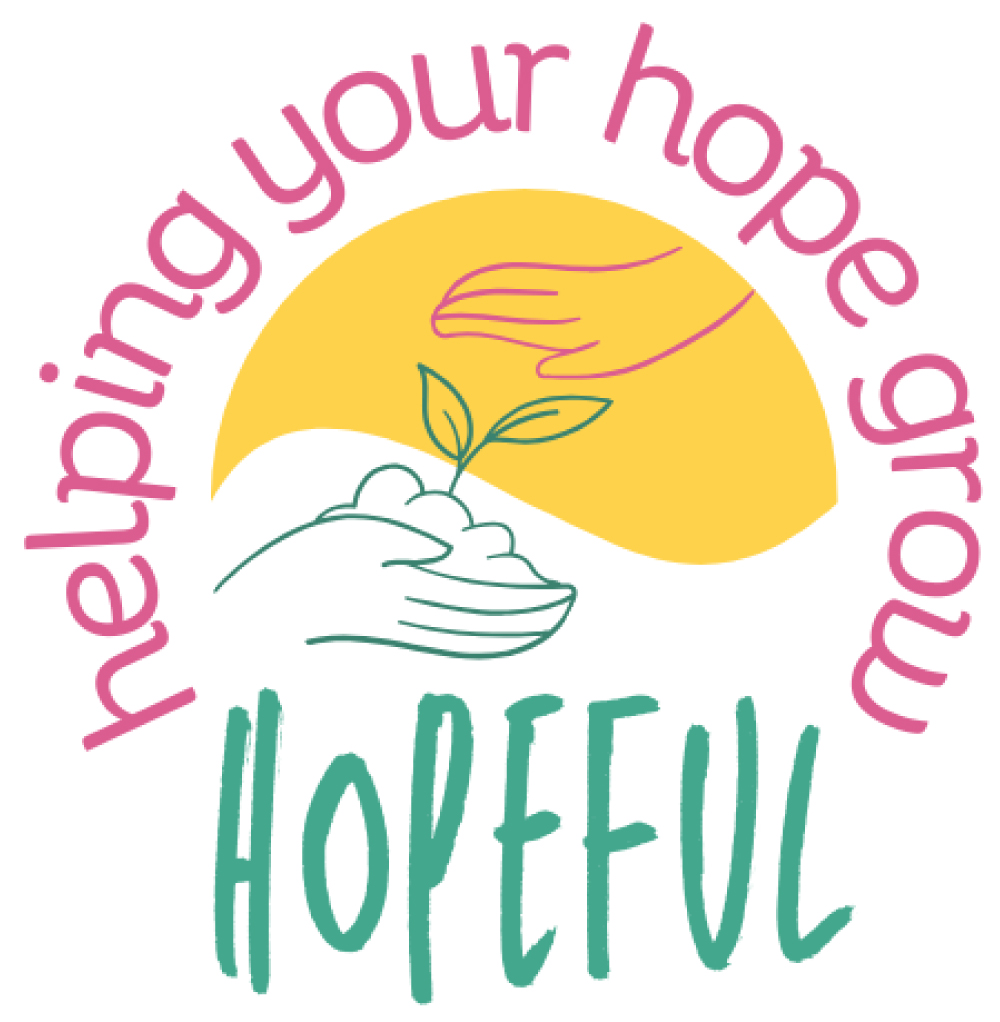The purpose of the introductory session is for the young person to:
- Learn about the HOPEFUL intervention
- Spend time with you to develop rapport and clarify guidelines for your mentoring relationship
Learning about the HOPEFUL intervention
The introductory session will help the young person to learn about what to expect in HOPEFUL. It will be useful to have a general discussion about their expectations and how they might like to complete the intervention, e.g., generally how they like to learn and whether they might like to use writing, drawing, technology, role plays and so on to complete activities. There is space in their workbook to record notes on these topics. This may help you both to plan too where to meet with each other and any supplies you might need.
It will be helpful to remind the young person at this point that a) they don’t have to complete any module or activity that they do not wish to do, and b) that how and when they complete activities is flexible and they do not need to stick to any ideas they have at this beginning point.
Clarifying expectations and guidelines for the mentoring relationship
When starting mentoring, it’s important that both parties are clear about what to expect and how it will work. This stage is perhaps the most important phase in mentoring.
It might take some time for you both to think about what you want to agree, and that’s okay! You and the young person are encouraged to revisit this agreement regularly during your time together (and definitely at the end of working through the HOPEFUL intervention) and make any updates to it.
If the young person seems to find it challenging to identify how they would like mentoring to work, gently encourage them to think about positive examples from their own lives (or from films or TV). Use open questions to help them explore what they thought was helpful and why, and how you could incorporate this into your mentoring relationship with each other.
Practicalities of the introductory session
This session can be a standalone session if that is the young person’s preference and/or the discussions about your mentoring relationship take some time. However, if these discussions are fairly brief and the young person wants to continue, you can go straight into the first module in this meeting. For this reason, it will be helpful to read the following information on preparation for Module 1, before having the introductory session.
Group sessions
If you are using group sessions for the intervention, then you will need to set some group ground rules in the first session – you can adapt the mentoring agreement for this purpose. This discussion should include how you (and any other mentors) will behave towards the young people and vice versa, and how the young people will behave towards each other. This discussion should include agreements relating to any outside-of-session contacts that young people will or won’t have with each other, and how.
One of the most powerful things when we promote hope is to put forward the idea that “I’m invested in this as well and I’m doing this because I care and I believe things will get better for you”. If you can get that message across, that’s incredibly powerful.
